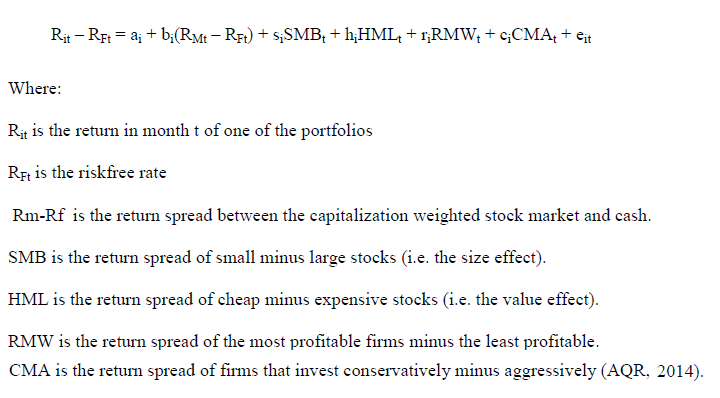Factor
What is Factor?
A factor acts as the funding source that pays the invoice amount to the business on behalf of the debtor. This service is commonly known as accounts receivable financing. Businesses use this option to maintain their cash flow and fund their receivables. Usually, the factor pays a major portion of the invoiced amount. However, the balance amount is only cleared when the factor receives the total amount from the invoiced company or debtor.

The process involves three parties, i.e. the seller (the company who generates an invoice), the factor (who agrees to pay the invoiced amount), and the debtor (the company who is supposed to pay the invoice). Now that the factor has paid the amount, the company owes this amount to the factor. So, instead of paying to the seller, the company has to repay the amount of the factor.
How does it Work?
Factoring enables businesses to fund their receivables and other invoice payments. Account receivables include the amount the buyer owes to the seller for buying products on credit. However, receivables are considered as part of the business’ assets. The account receivable financing enables people to buy these receivables at a discounted rate for making upfront cash payment. Usually, factoring is carried out by financial institutions. It may also involve third-party lenders that are willing to earn commissions for the upfront cash payment on the receivables.
Mostly, these companies provide the seller with the total invoiced payments or an agreed amount within 24 hours. The total amount the factor pays in advance could vary. Similarly, the repayment plans can also vary from factor to factor. It is important to note that the factor is not treated as a loan or debt. Moreover, the amount paid by the factor to the company is not subject to any sort of restriction. The company can use this amount, however they want.
Benefits of Factors
Suppose a factor decided to buy a receivable worth Rs. 1 million from a clothing company. The factor asks for a 4% discount on the bills receivable and proposes a Rs. 720,000 advance payment in 24 hours to the clothing company. The factor will make the payment of the balance i.e. Rs. 240,000 once they receive the full amount from the company that owes Rs. 1 million to the clothing company. Now, the factor earns a commission of Rs. 40,000 from this agreement.
Talk to our investment specialist
The factor has to consider the trustworthiness and reliability of the company that owes the invoice to the other company. Despite being one of the expensive forms of financing, factors can be an ideal solution for companies that need to manage their cash flow. They are especially preferred by companies that take time to convert receivables into cash. One of the major benefits of a factor is that this service helps you fund the accounts receivables when you need money to meet the investments, acquisition, and other financial requirements. However, you will have to offer them a commission or discount.
All efforts have been made to ensure the information provided here is accurate. However, no guarantees are made regarding correctness of data. Please verify with scheme information document before making any investment.











